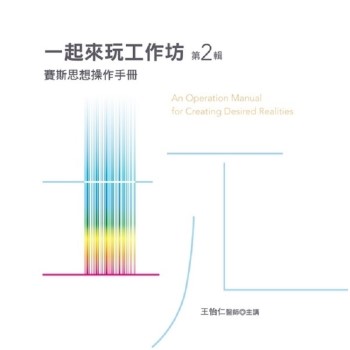This ethnographic study examines the transnational relations among feminist movements at the end of the twentieth century, exploring two differently situated women’s organizations in the Northeast Brazilian state of Pernambuco.
This book takes what some have called "global civil society" as its object, moving beyond both dire predictions and euphoric celebrations to understand how transnational political relationships are constructed and sustained across social and geographical divides. It also provides a compelling case study for use in advanced undergraduate and graduate courses in globalization, gender studies, and social movements.












